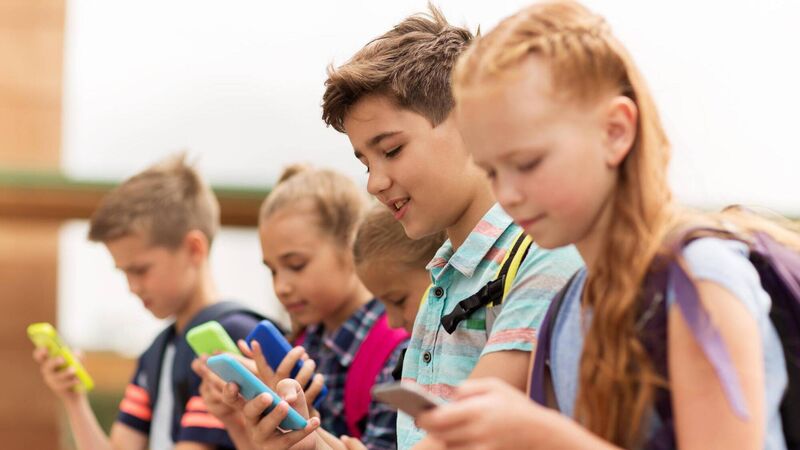'Power of the collective' can end primary school children's use of smartphones, says minister

Parentline CEO Aileen Hickie strongly said the issue of children owning smartphones at a young age dominates a “huge amount” of calls to the national parent helpline.
Education Minister Norma Foley has said a move to end the ownership of smartphones by primary school-aged children can only be achieved through the "power of the collective" as she called for parents to "buy in" to the idea.
Ms Foley said the guidelines and resources from her department and WebWise would prompt a strong response and would discourage parents from purchasing phones for their children.










